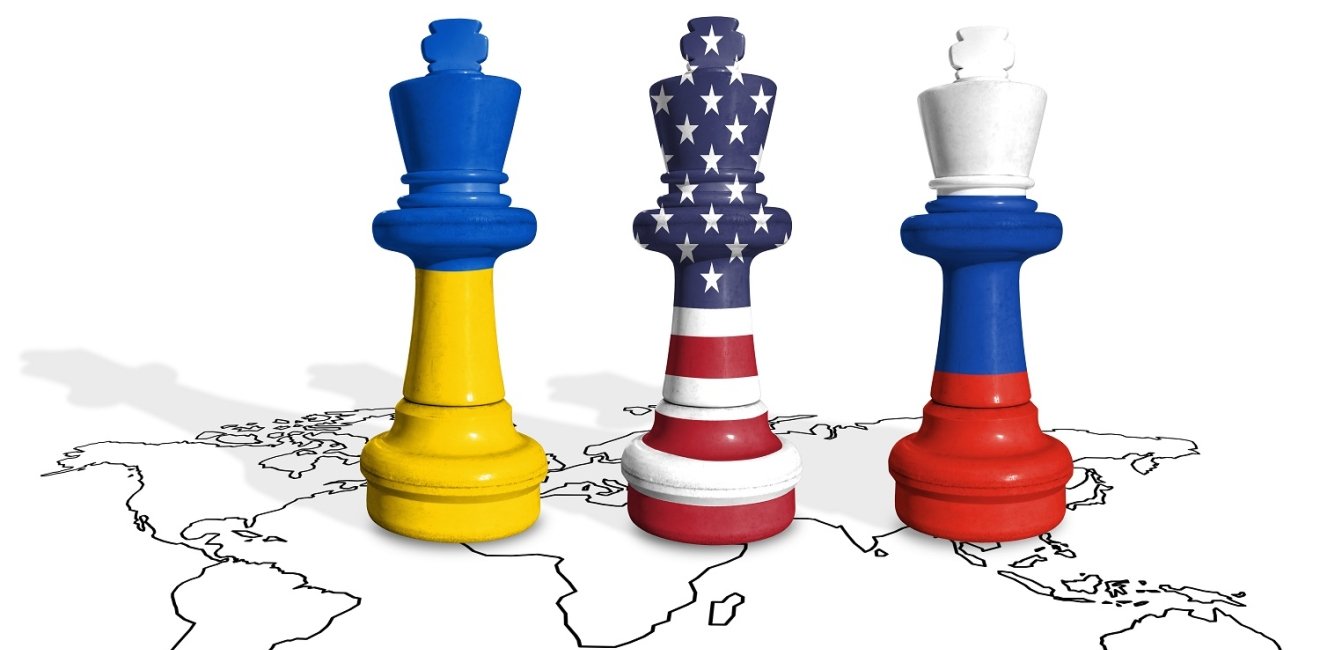
A blog of the Kennan Institute
Initiating negotiations to end the war in Ukraine is one of the priorities of President Trump’s new administration. Preparations for potential talks with Putin are already underway. As a Ukrainian Armed Forces officer and analyst, I’ve identified five crucial points to keep in mind before sitting down to negotiations with the Russian leader.
1. This War is not about Ukraine
The political discourse surrounding the end of the war in Ukraine often misses a key point: the war did not start because of Ukraine. Before launching his brutal invasion, Putin demanded that the US and NATO return to their pre-1997 borders. In his speeches, he repeatedly declared the end of a unipolar world and US hegemony. Throughout his rule, Vladimir Putin has claimed that the West deceived Russia in the 1990s and sees his mission as restoring Russian imperial greatness.
Any attempt to reach an agreement solely concerning the war in Ukraine will fail to consider Putin's broader ambitions. Any such agreement will only last until he decides to strike again.
2. Putin is a Liar
Lying is a political tool for Putin. On the eve of the invasion, he and his team publicly lied about their intentions. In negotiations, there is no guarantee that he will adhere to any agreement. Putin justifies his lies by claiming that the West was guilty of the same behavior in the 1990s after the Soviet Union's collapse.
The only way to ensure Russian compliance is to guarantee severe consequences for breaching the terms of a peace agreement. Russia understands only the language of strength, so any agreements can only be upheld through the strength of Ukraine’s military and support, including military support, from partner nations.
3. Negotiating with Putin Means Dealing with North Korea
Putin has built a strategic partnership with North Korea over the past two years. First, NK supplied great quantities of ammunition for small arms and artillery. More recently, when Ukraine launched an incursion into Russia’s Kursk region, Russia did not slow their advances in Ukraine to redeploy forces to repel the invading troops, as Kyiv likely hoped. Instead, North Korea supplied over 10,000 troops to bolster Russian forces in the area.
This strategic partnership threatens far more than Ukraine’s fight for its life. With the funds that Putin is sending and the technical advice he is providing, North Korea will probably have the ability to enhance its nuclear capabilities.
4. Negotiating with Putin Sends a Signal
Any agreement with Putin that locks in his gains sends a message to other nations that military force can achieve desired outcomes, including territorial expansion. China, Iran, Pakistan, Afghanistan, Turkey, Serbia, and others may interpret a Russian victory in Ukraine as a green light for aggression. Accepting an unfair peace with Putin threatens to create more security threats for the West.
5. Undermining the Value of Wartime Assistance and Sacrifices
Putin is the aggressor. This plain fact is incontestable. He launched an unprovoked attack on Ukraine without any pretext beyond the Russian president’s neo-imperial ambitions couched in invented grievances. Ukraine has paid a heavy price to resist this aggression. Ukrainians are sacrificing tens of thousands of lives – both military and civilian. The West has spent billions on military and other aid to Ukraine. The war has destroyed cities and infrastructure worth hundreds of billions. Any agreement with Putin must not undermine these sacrifices.
Conclusion
Wars end at the negotiating table, and negotiations to end this war are inevitable. However, keeping these five points in mind is essential to ensure that such negotiations improve rather than worsen global security.
We should not forget Churchill’s words: “We seem to be very near the bleak choice between War and Shame. My feeling is that we shall choose Shame, and then have War thrown in a little later on even more adverse terms than at present.”
The opinions expressed in this article are those solely of the author and do not reflect the views of the Kennan Institute.
Author


Kennan Institute
After more than 50 years as a vital part of the Wilson Center legacy, the Kennan Institute has become an independent think tank. You can find the current website for the Kennan Institute at kennaninstitute.org. Please look for future announcements about partnership activities between the Wilson Center and the Kennan Institute at Wilson Center Press Room. The Kennan Institute is the premier US center for advanced research on Eurasia and the oldest and largest regional program at the Woodrow Wilson International Center for Scholars. The Kennan Institute is committed to improving American understanding of Russia, Ukraine, Central Asia, the South Caucasus, and the surrounding region through research and exchange. Read more

Explore More in Focus Ukraine
Browse Focus Ukraine
Talking to the Dead to Heal the Living

Ukrainian Issue in Polish Elections


